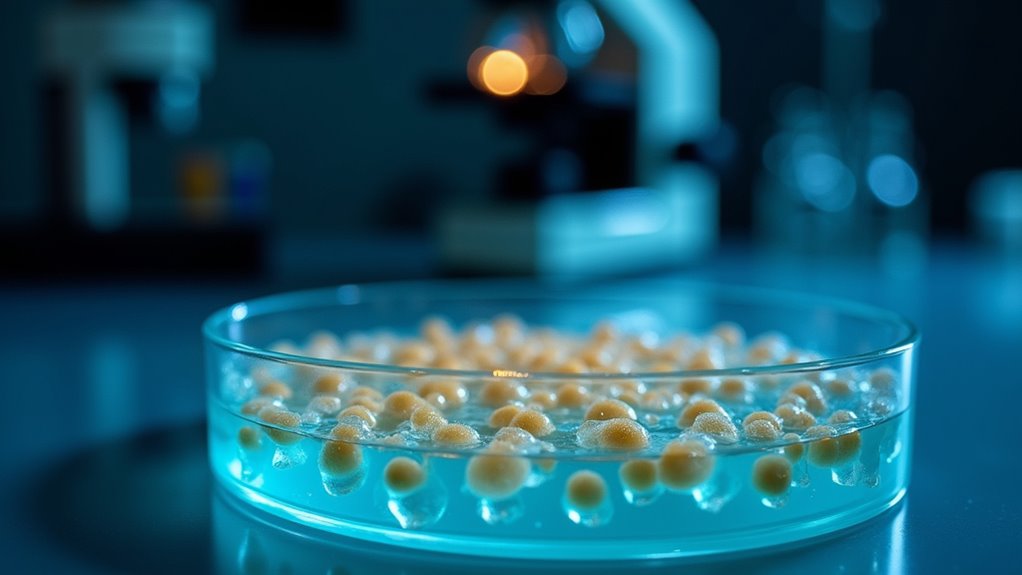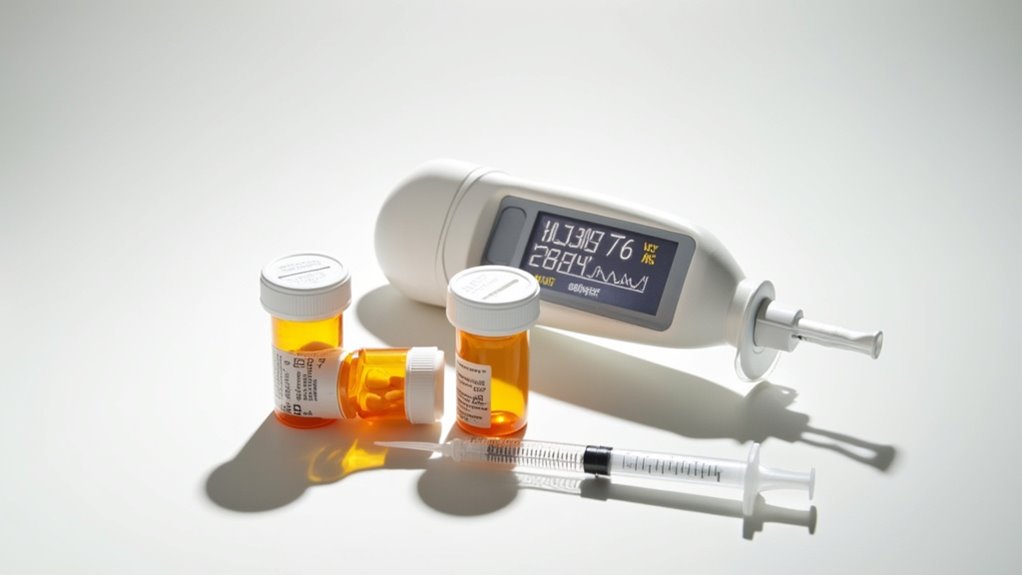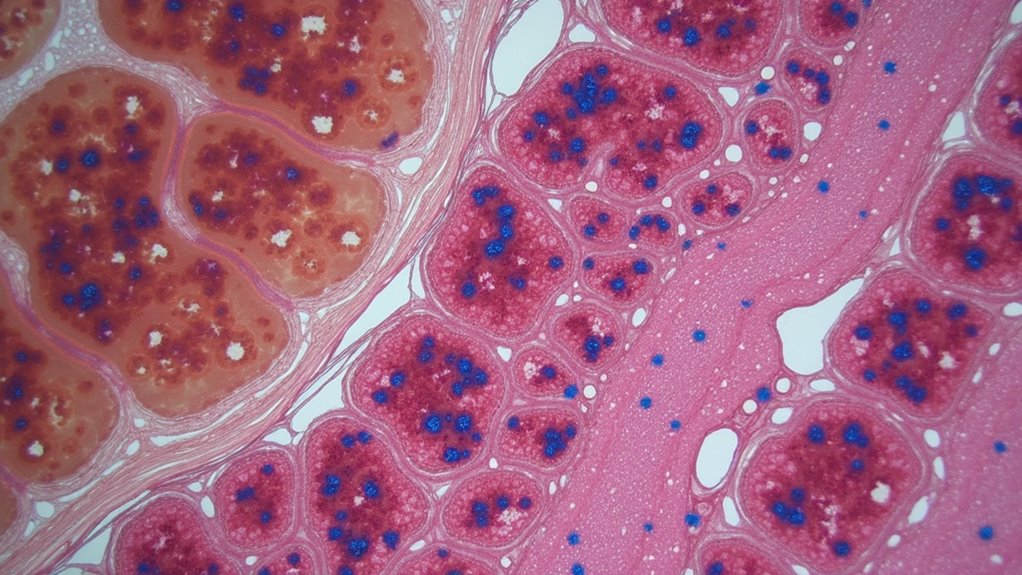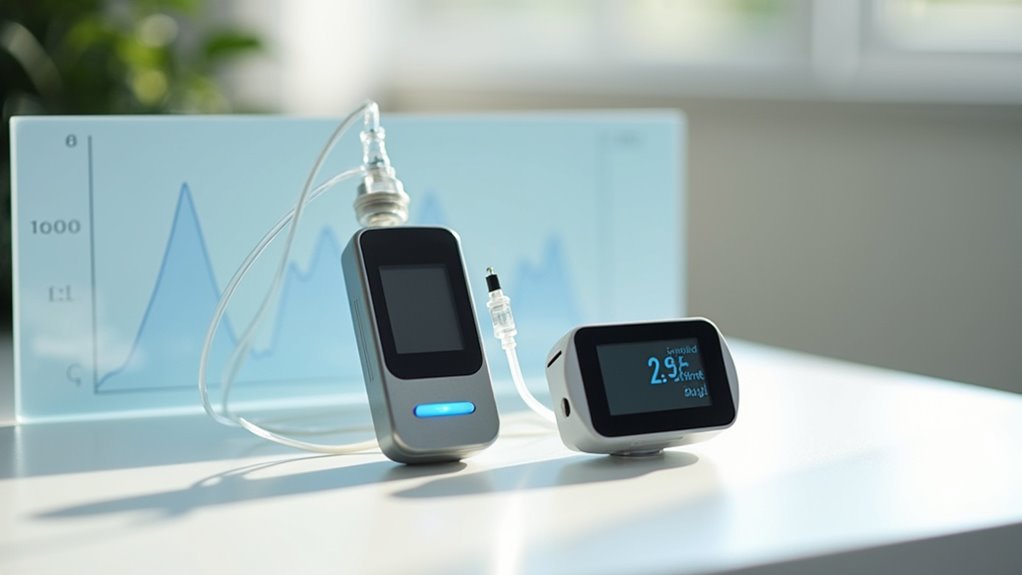While millions struggle with daily insulin injections, a revolutionary approach offers new hope for type 1 diabetes patients. Islet cell transplantation replaces the destroyed beta cells with healthy ones from donor pancreases. Pretty simple concept. The healthy cells get placed in the recipient’s liver and start producing insulin again. No more hyperglycemia. No more constant finger pricks.
Imagine a world without insulin shots. Islet cell transplants offer this freedom by giving diabetics the working beta cells they desperately need.
But hold your applause. The procedure faces serious roadblocks. Donor shortages are a massive problem – most patients need multiple donors just to get enough cells. And then there’s the lifelong immunosuppression. Yeah, you’ll trade insulin injections for drugs that suppress your entire immune system. Not exactly a perfect solution. Refined carbohydrates reduction helps improve the success rate of transplanted islet cells.
The Edmonton Protocol changed the game back in the day, helping patients achieve insulin independence. But the results don’t always stick. About half of transplant recipients stay injection-free at one year. The numbers drop after that.
Still, even partial function helps reduce those terrifying hypoglycemic episodes that can kill you in your sleep. The procedure substantially decreases progression of long-term diabetes complications including heart disease, kidney problems, and eye damage. Scientists aren’t giving up, though. They’re exploring some wild alternatives. Reprogrammed cells from the patient’s own body. Stem cells that could provide unlimited insulin producers. Even pig islets, if you can believe it. Recent breakthroughs at Peking University showed a 25-year-old woman producing insulin after receiving her own reprogrammed cells. Some researchers are developing special capsules to protect the transplanted cells from immune attack. Clever.
Not just anyone can get this treatment. You need to have severe, unmanageable diabetes with hypoglycemic unawareness – basically, your body doesn’t warn you when your sugar crashes. You’re probably between 18 and 65, with diabetes for at least five years.
Already have a kidney transplant? You might be in luck since you’re taking immunosuppressants anyway. The future looks promising. Genetic engineering could create super cells that the immune system ignores. Imagine that – no rejection, no immunosuppression.
For now, though, islet transplantation remains an imperfect solution. But for those living in constant fear of their next glucose crash, it’s a start.









